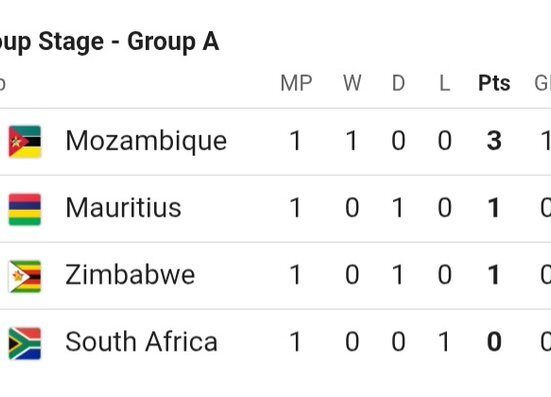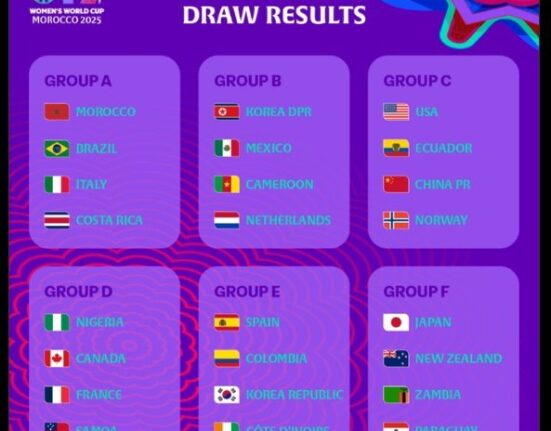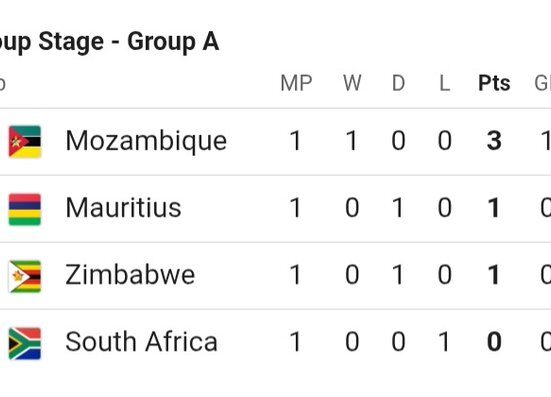Former South African President Jacob Zuma’s legal battle took a significant turn as a high court judge dismissed his application to end his graft trial. Alongside French company Thales, Zuma faces a slew of charges related to corruption, money-laundering, and racketeering stemming from a 1999 arms deal worth billions of rand. The duo sought to have the charges dropped, citing repeated delays and the deaths of two key witnesses as compromising their right to a fair trial.
The judge’s ruling indicated that while he refrained from assigning blame, the state argued that delays were predominantly a result of Zuma’s actions, with Thales playing a lesser role in the setbacks. The legal saga began over a decade ago when Zuma and Thales were initially charged. Since then, the case has been marred by numerous delays, legal wrangles, and procedural disputes, despite the state deeming it trial-ready four years ago.
One of the central points of contention has been Zuma’s repeated attempts to remove prosecutor Billy Downer, whom he accused of lacking the necessary independence and impartiality for the case. Zuma, who was the deputy president during the arms deal period, faces a total of 18 charges, including fraud and tax evasion related to his alleged corrupt ties with his former financial advisor, Schabir Shaik.
Shaik’s conviction in 2005 on corruption and fraud charges underscored the existence of a corrupt relationship between him and Zuma, as deemed by the presiding judge. The trial against Zuma and Thales has now been postponed to December 4, with the state set to push for the proceedings to move forward, irrespective of any potential appeals from the defendants.
The ruling against Zuma’s bid to halt the trial marks a significant development in one of South Africa’s most high-profile corruption cases, shedding light on the complexities and challenges of prosecuting powerful political figures.
As the legal saga continues, the case not only underscores the tangled web of alleged corruption but also raises broader questions about accountability and the rule of law in the country. The prolonged legal battle involving a former head of state and a multinational corporation highlights the intricacies of navigating the justice system and the enduring quest for justice and transparency.
In a country grappling with a history of corruption and political scandals, the outcome of Zuma’s trial holds implications beyond the courtroom, resonating with citizens and stakeholders invested in upholding democratic values and combating graft. The proceedings serve as a litmus test for South Africa’s commitment to rooting out corruption and ensuring that even those in the highest echelons of power are held accountable for their actions.
As the legal drama unfolds, it underscores the delicate balance between the pursuit of justice and the complexities of legal proceedings, offering a glimpse into the challenges of prosecuting individuals with significant political influence.
The trial’s continuation signifies a critical juncture in the fight against corruption, symbolizing a step towards accountability and transparency in a nation striving to overcome its tainted past. The outcome of this legal battle will not only shape Zuma’s legacy but also reverberate through South Africa’s political landscape, setting a precedent for how the country addresses allegations of corruption at the highest levels of government.
In the face of mounting scrutiny and legal hurdles, Zuma’s trial stands as a poignant reminder of the enduring quest for accountability and justice, underscoring the resilience of South Africa’s justice system and its commitment to upholding the principles of legality and fairness. As the legal proceedings unfold, the nation watches with bated breath, awaiting the resolution of a case that has far-reaching implications for the country’s future and its ongoing battle against corruption.









Leave feedback about this